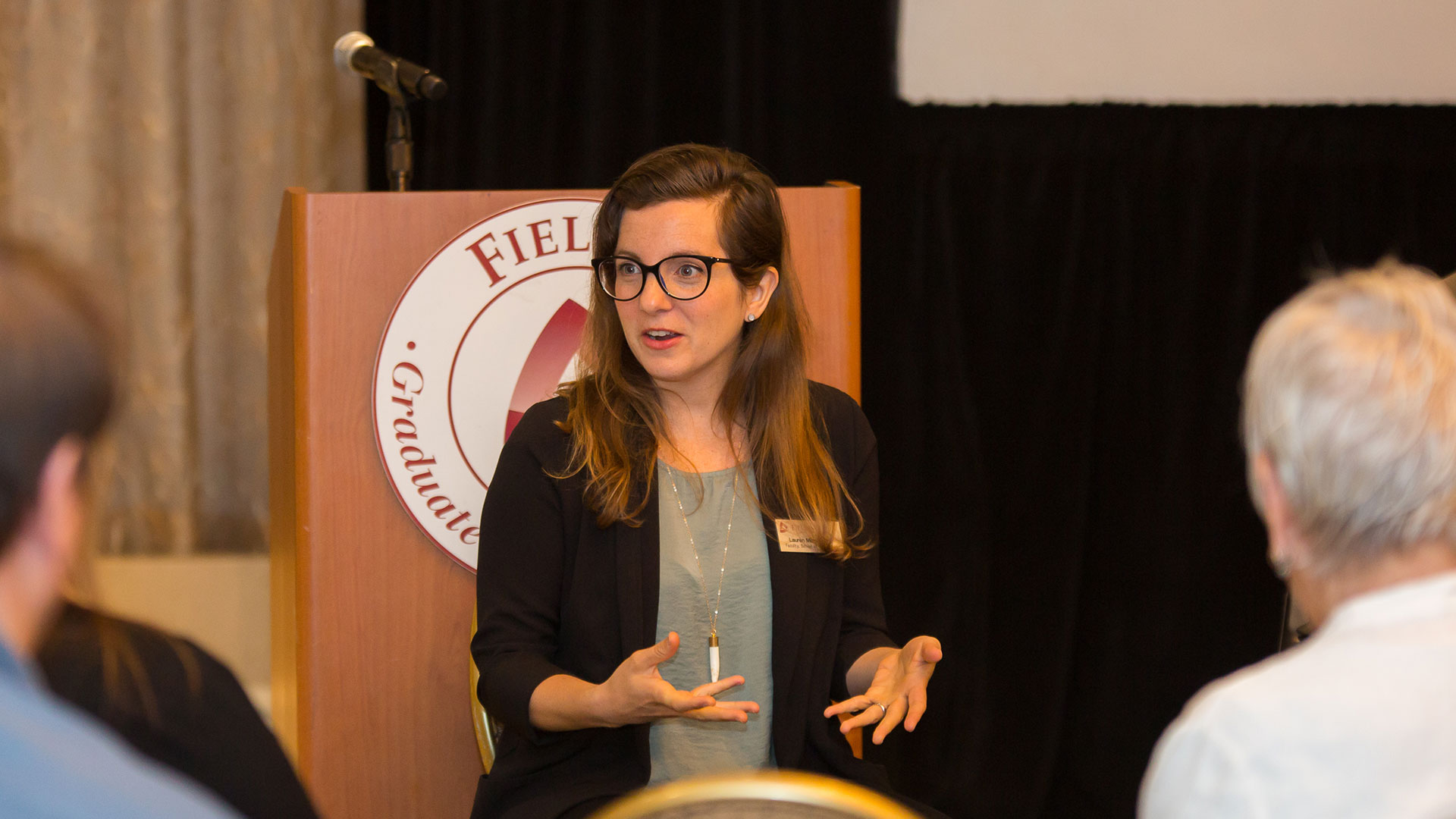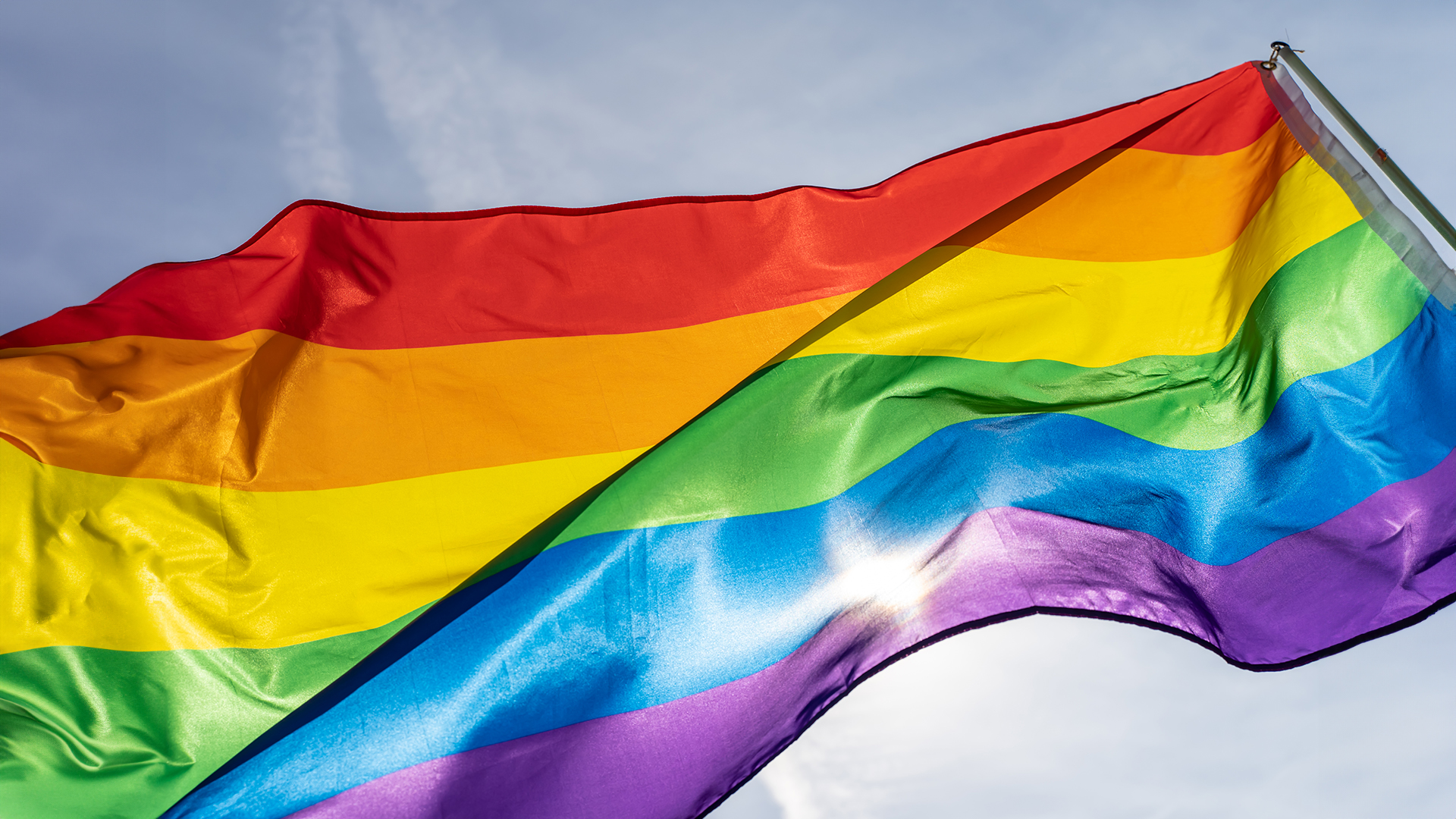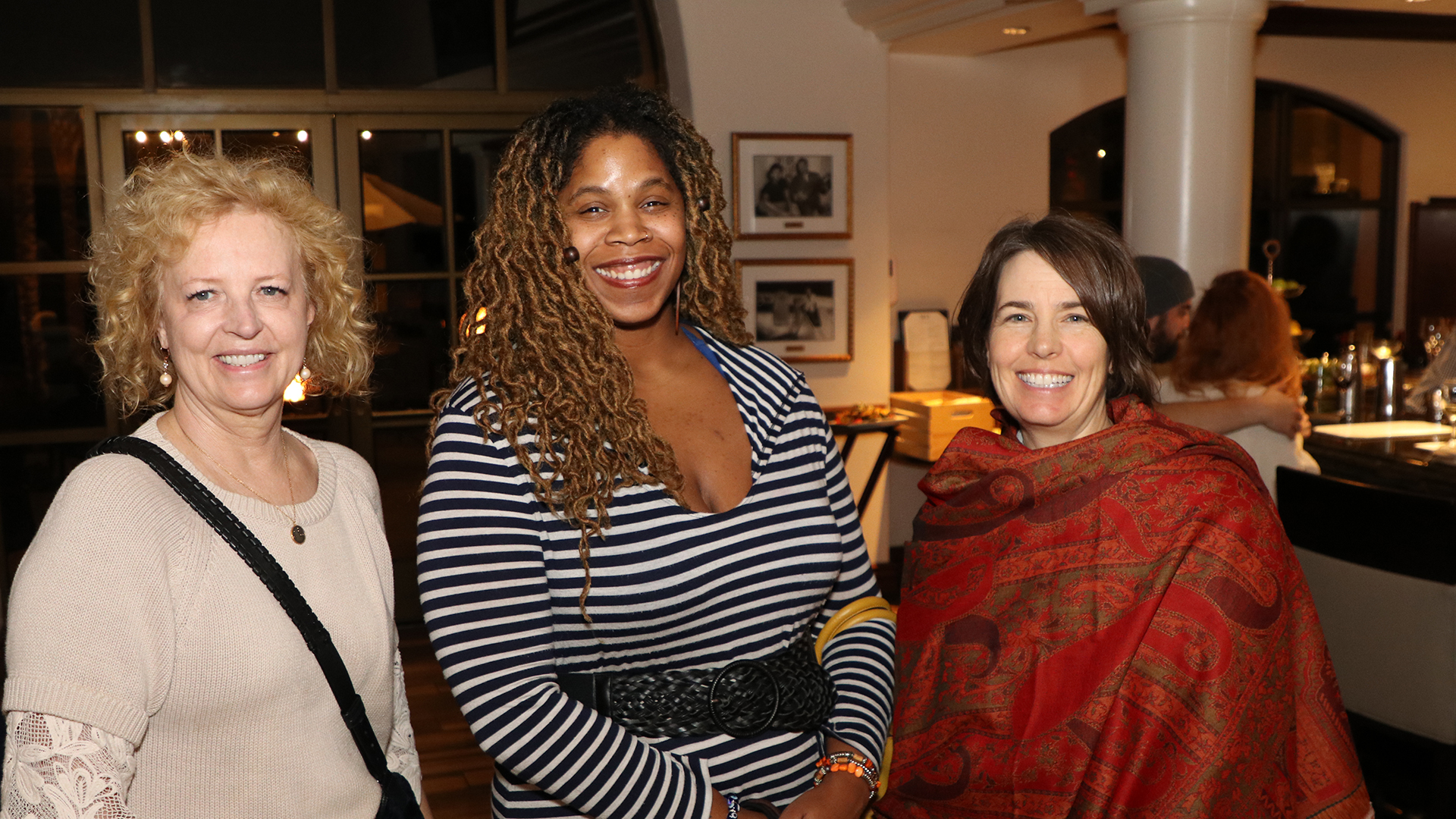How We Can Advocate on Behalf of All of Society’s Members on International Day of Persons with Disabilities
I am 19 and sitting in my neurologist’s office when he informs me that I have an incurable, chronic illness called multiple sclerosis. I know what MS is; my sister-in-law has it, and decades into the future, she dies from it. My heart clenches. This is not what any young person wants to hear.
According to the World Health Organization, 16 percent of the world’s population, or one in six of us, experiences a significant disability. People with disabilities are a group of which any of us can become a member at any time. Some disabilities are hidden, while some are visible, but they all impact the way we move in the world, how we feel about ourselves, and how others judge us. Over four decades, I have been in a wheelchair and walked with two crutches, a walker, and one crutch. Right now, I can stand and walk on my own. By looking at me, one wouldn’t know the time bomb I carry within me or that I struggle every day with fatigue, double vision, and numbness in my legs. Over the years, I have been laughed at, stepped over by people on a street after I fell, had people accuse me of being drunk, and told I can’t do things. I have also been prayed over, treated kindly, and helped across the street. What I have learned is that people treat people with disabilities based on their own worldview, not by circumstance but by what they bring to the interaction by way of their experience.
Substantial progress has been made in recent decades. The passage of the Americans with Disabilities Act (ADA) in 1990, and the growing understanding that to be disabled is simply a difference, not a handicap, is one such improvement. ADA provides incentives for employers to hire people with disabilities. It also provides people with hearing and speech disabilities to communicate via telephone companies, offers services to people with disabilities through public transit systems, and access for everyone at businesses that are open to the public. These facets, among many others, help to ensure quality of life and equity to those with disabilities. However, that is only one step in changing our society’s beliefs and attitudes.
Conditions in the United States have also evolved from that day long ago sitting in my doctor’s office. The questions at the core of how disabilities are seen and understood are similar to those of broader inclusion. Discrimination of all kinds undermines us all; it diminishes our hearts and hardens our mindsets. Many people with disabilities face ableism and stigma, which affects their sense of belonging, in addition to other physical and mental health risk factors. Additionally, others face poverty, barriers in the health system, poor living conditions, education and employment exclusion, and more. This is especially true in developing countries.
How do we set out to improve conditions so that all members of our society can participate to their fullest extent and develop into their best selves?
Just one example that begins to answer this question is that many municipalities have adopted the idea of universal design. Universal design is premised on the idea that one is not disabled until a barrier is encountered. For instance, steps or the lack of a curb cut, which prevents a wheelchair from getting into a crosswalk, are both unnecessary barriers. These improvements are simply a matter of being more intentional about how our infrastructure is designed. Designing correctly from the beginning is the mission.
A second example is how we look at all levels of our education systems and how they holistically impact people with disabilities. Another indication of evolution in our thinking is the growing movement in developing greater awareness of autism as both a condition that exists across a broad spectrum and as an expression of neurodiversity. Autism is a “disability” when we make it so by designing our modern systems for the able bodied and neurotypical. By shifting our thinking as a society, we can build spaces and places for all to be included — not just those who navigate this particular society easily because it is created for them.
American cultural anthropologist Margaret Mead said, “If we are to achieve a richer culture, we must weave one in which each diverse human gift will find a fitting place.” International Day of Persons with Disabilities on Dec. 3 and other observances are a reminder to frequently ask ourselves, what can we do in our professional and personal lives to advocate with others on behalf of all society’s members? I have seen some amazing acts of spirit that do not leave these reflections and actions to others but to stand up for others. To me, this is the aspiration of a society that cares about all of us — not just the fortunate.

Join Over 7,500 Fielding Alumni Located Around The World!
Change the world. Start with yours.™






Get Social